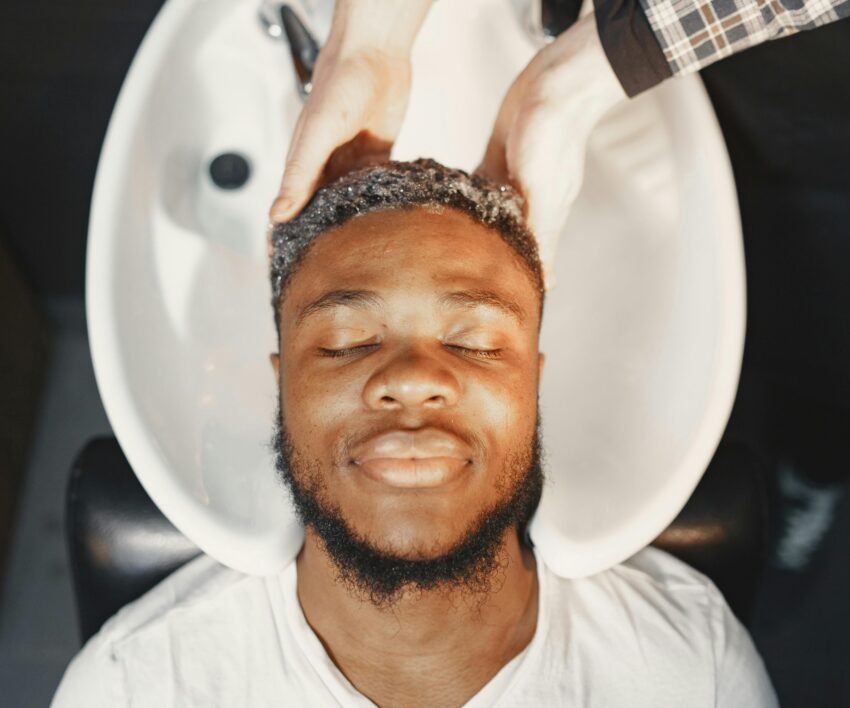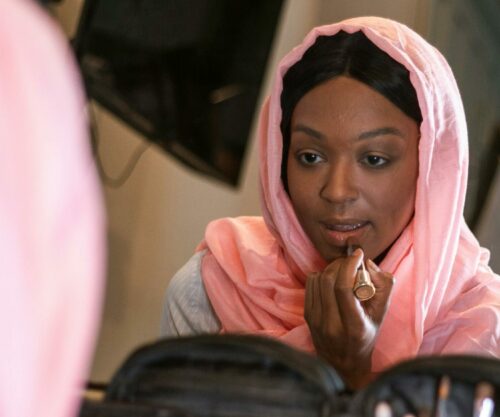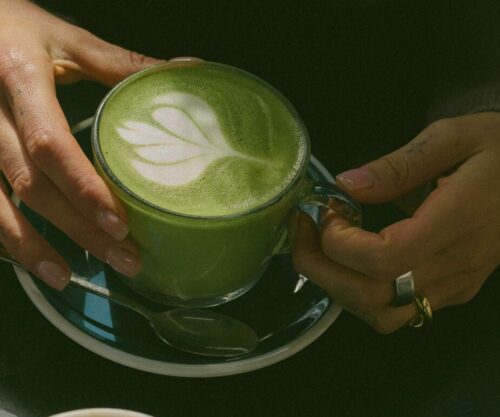
Could there be anything as embarrassing as seeing yourself in the mirror at a social event and discovering hundreds of microflakes in between your hair?
While most of us would be quick to assume that the flakes we see are caused by dandruff, this is not always the case. In fact, there are many people who may not have dandruff but do suffer from having a dry scalp.
What is the difference?
According to the reputable medical wellness publication, Medical News Today, “Dandruff causes the scalp to flake and may cause visible flakes on clothing or in the hair. In some cases, it is due to fungal or other scalp infection.”
In contrast to this, “Dry scalp occurs when the scalp does not produce or hold enough moisture.”
The above-mentioned publication further emphasised that it may be difficult to tell the difference between the two, but when it comes to dandruff one way to identify what it is, is by the amount of flakes it produces, and that it is often all over the place from the strands of your hair to the clothes you wear. Additionally, haircare brand Biolage explains that the flakes produced as a result of dried scalp will stick to the scalp forming an additional layer on the surface of your skin.
The causes of a dry scalp according to Biolage, are the following:
- Stress
- Build up of styling products
- Overindulging in hats, caps or wigs that prevent oxygen from reaching the scalp
- Dehydration
The health and wellness publication Healthline highlights that there are a number of natural remedies that can be used to treat and moisturise a dry scalp. Many of these contain antifungal and antibacterial properties and can help reduce the risk of infection.
They are as follows:
- Coconut oil
- Tea tree oil
- Aloe vera
- Apple cider vinegar
- Bananas
- Yogurt and eggs
- Avocado
Also see: How to stop having greasy hair




